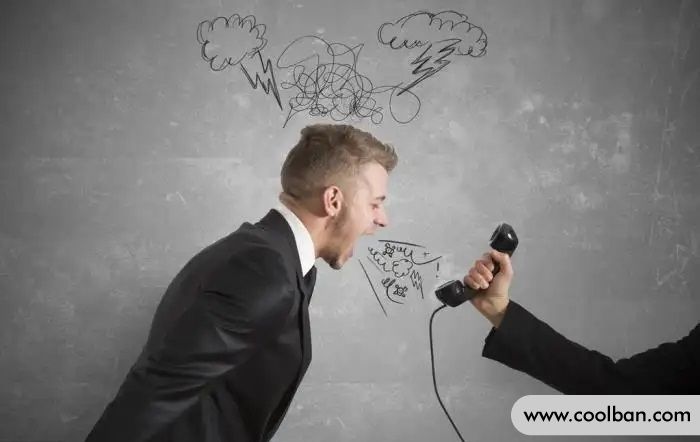What do you do when you're nervous when talking to someone?
Every day in this world is inseparable from social interaction; especially after entering the society to engage in work, social interaction will affect all aspects of you.
What should I do if I feel nervous when talking to others?
Entering the social circle of society is completely different from the circle in school. In the process of this transformation, many weaknesses will be exposed, which may lead to various negative emotions such as depression and entanglement, but you cannot give up on yourself, or blame these on your own character flaws, this can only be a vicious circle ; one thing we have to realize is that there are skills in conversation, as long as you study and practice seriously, you can do well in your social life, although not as good as the social masters around you, but you are improving every day, Compared to myself, this is already an exciting thing.
The problem most people have socially is that they get nervous talking to people they don't know well or who are taller than me. When you are in a tense state and talk to people, you will unconsciously feel inferior, and the words of the conversation reveal the feeling of infinitely catering to others, but you cannot focus on the content of the conversation, let alone analyze the content of the conversation reasonably and quickly. Respond accordingly and have quality conversations. After that, he was still immersed in the awkward atmosphere of the previous conversation, unable to let go.
When you realize that this feeling is repeated over and over again, threatening your normal life and work, you must make up your mind that you can no longer avoid this problem, face it, come up with corresponding solutions, and eliminate all disturbances that disturb your inner peace. factor.

The first step is to build yourself up spiritually
First, don't get nervous no matter how the conversation goes, as this emotion can damage your confidence in the conversation. If you regard yourself as your own child, you will definitely say: child, don't worry about being sad, do better next time. Because as we all know, it's no use getting caught up in negative emotions. The only way out is to summarize our experience and correct it, and we all offer comfort out of the confidence to protect the child. So, next time you feel this way, you might as well persuade and comfort yourself, remember, you must always guard your self-confidence like a treasure, and no one can trample on it.

The second step is to analyze why you are nervous
There are various reasons for getting nervous in a conversation. The most important thing is that they do not subconsciously face up to the role of real dialogue, exchange of information and problem-solving, and refuse to talk from the bottom of their hearts, so when speaking, they rarely really think about the content of the conversation, but blindly identify with others. , I don't want to talk, I just want to end it early. So whether you can control your nervousness or not, remember that the conversation is in the future. The conversation is about exchanging information and solving future problems. Whether the conversation goes well or not, the outcome is good. And it is the unawareness of what conversation really does, so before the conversation, put yourself in a lowly position based on the identity and knowledge of the other person. People are equal, everyone needs to work and talk together to solve problems, don't hold the mentality of catering to others, and know how to be neither humble nor arrogant when talking to the most powerful people. Dignity is our right, and positive conversation is our responsibility.

The third step is how to talk better
Nervousness is normal, but don't let it affect your thinking and speaking fluency. Good language skills are very important in conversation. Without it, it's pointless even if you're not nervous. Therefore, it is often necessary to spend a lot of time practicing expressing and responding to various conversations with solid expressive skills. Expression is divided into written expression and oral expression in form. The two complement each other and can exercise your logical ability, but there are still differences between the two. Written expression emphasizes the normative and grammatical correctness of expression; logic also depends on facial expressions and voices, and rigid written expressions cannot be used, which will make people feel mechanical and incomprehensible.
